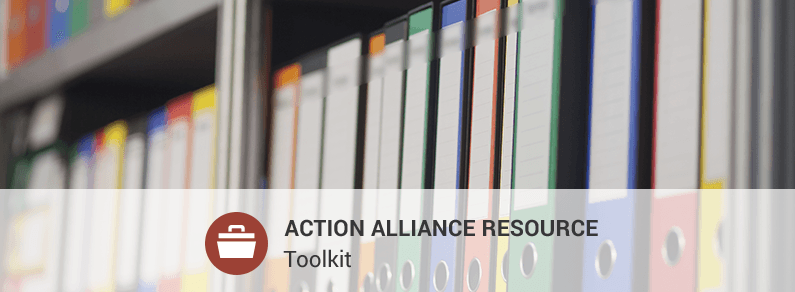This toolkit contains the information and tools needed to implement state-of-the-art suicide prevention practices in primary care settings. It includes sections on educating clinicians and office staff and developing mental health partnerships, as well as patient management tools and patient education tools.
Suicide Prevention Toolkit for Primary Care Practices






